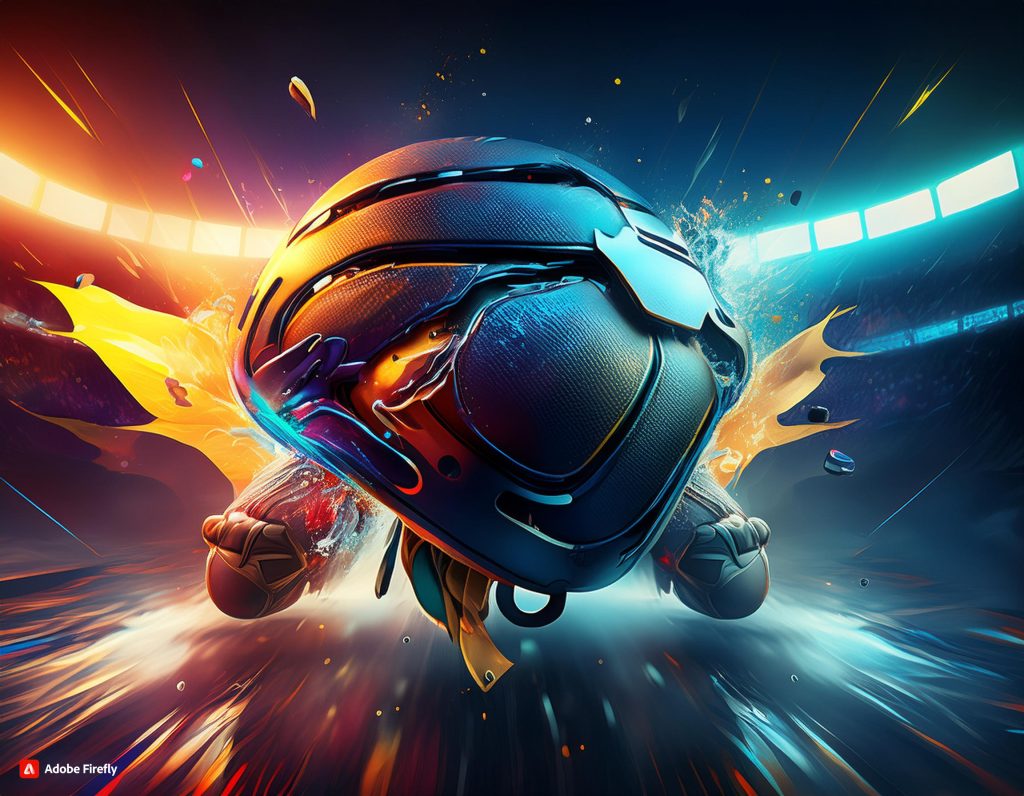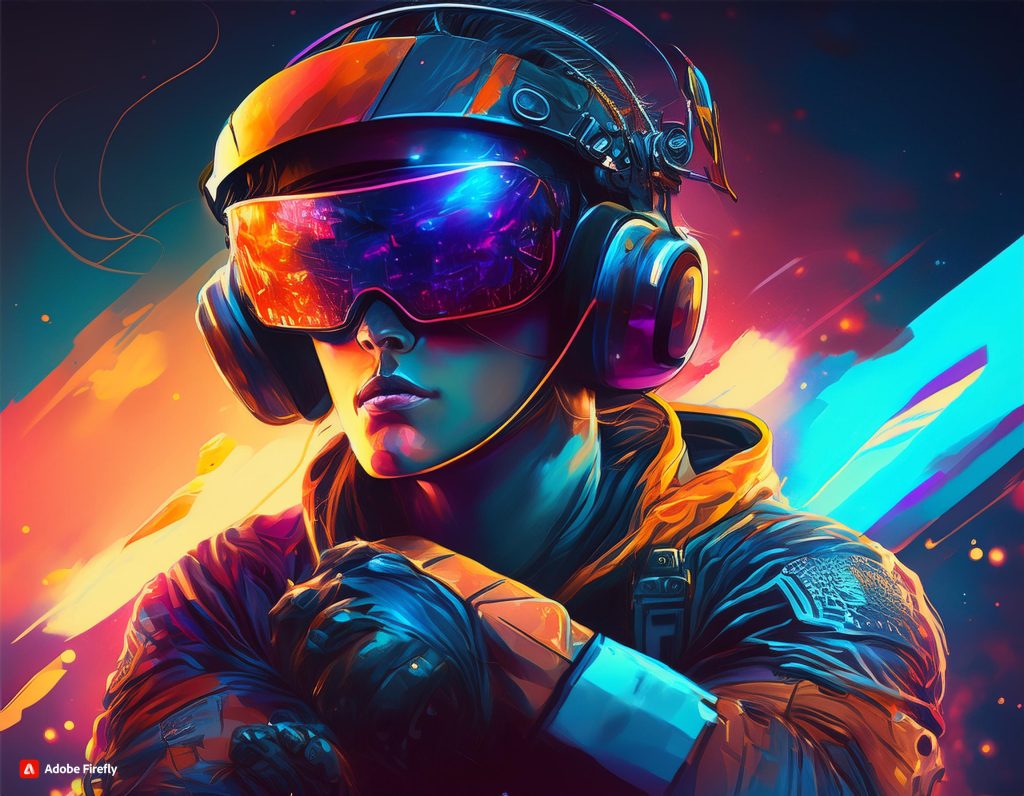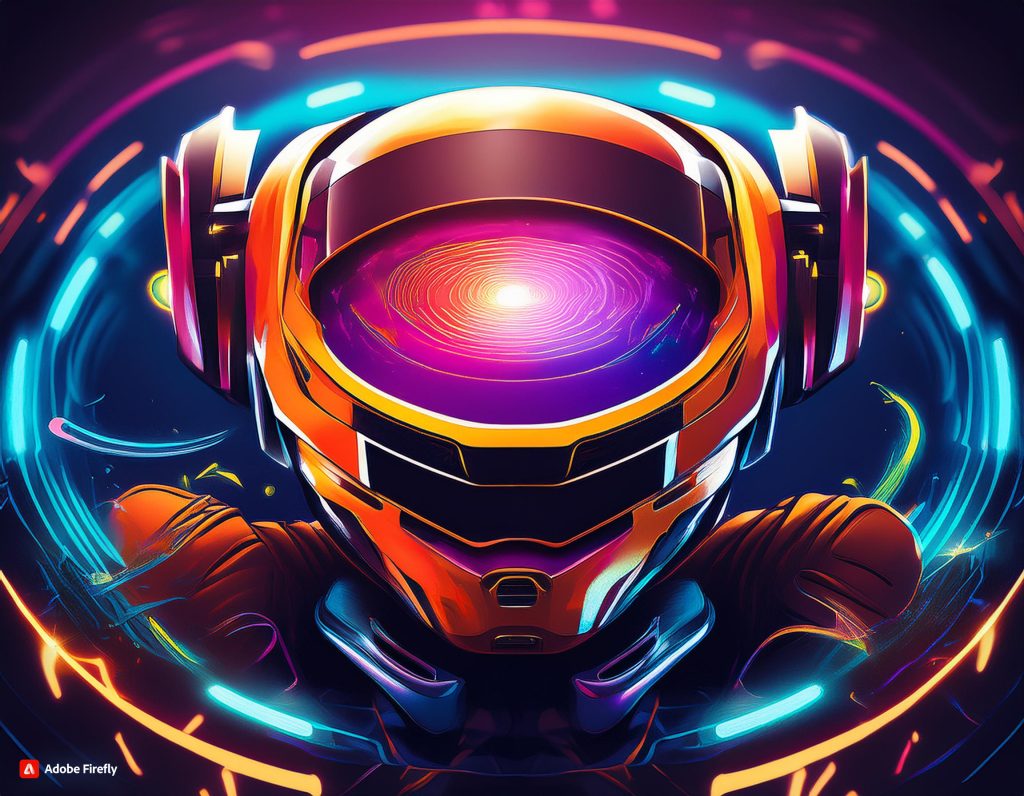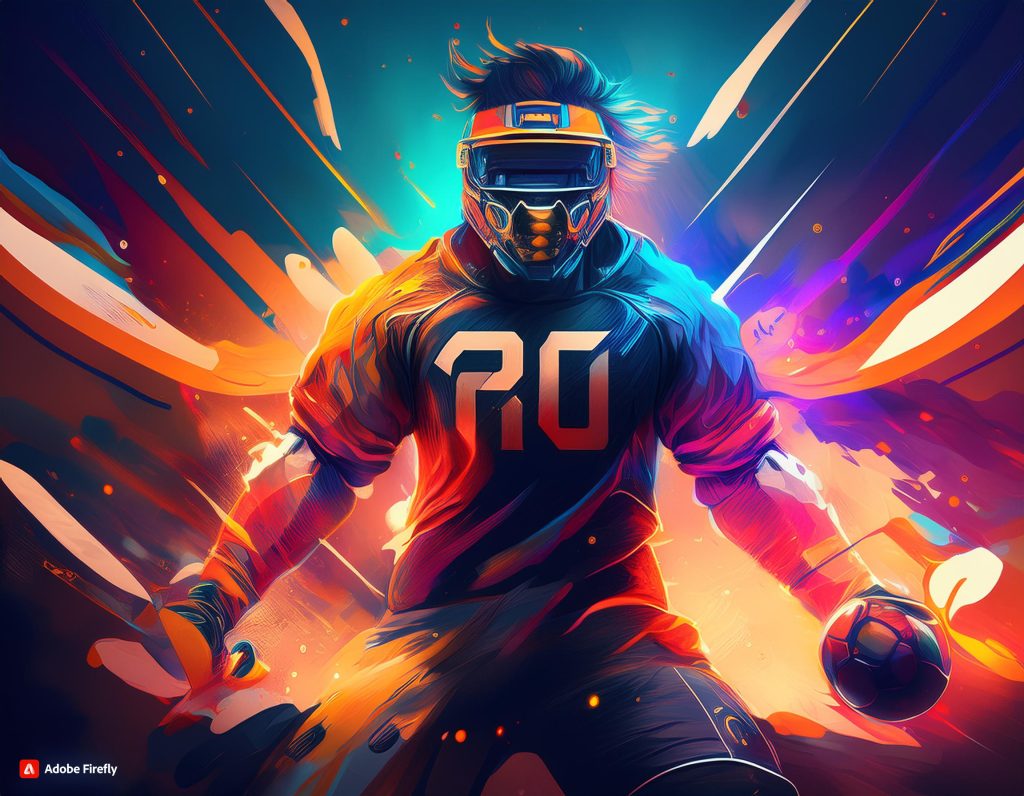
AI in the Game: Transforming Modern Sports and Gaming
Artificial intelligence (AI) is rapidly transforming the landscape of both sports and gaming. No longer confined to science fiction, AI is weaving its magic into everything from player training to virtual opponents, fundamentally changing how we experience these realms of competition and entertainment.
Revolutionizing Sports Through AI
In the world of sports, AI acts as a powerful tool for teams, athletes, and fans alike. Here’s how it’s making a difference:
- Enhanced Performance Analysis: AI algorithms devour mountains of game data, meticulously analyzing player movements, shot selection, and tactical formations. This translates into insights that coaches can leverage to develop personalized training plans, identify weaknesses in opponents’ strategies, and optimize in-game decision-making.
- Injury Prevention and Recovery: Wearable tech integrated with AI can monitor an athlete’s physical state in real-time, detecting fatigue or potential injuries before they occur. This allows for preventative measures and faster recovery times, keeping athletes on the field and at peak performance.
- Scouting and Recruitment: AI can analyze vast amounts of data from young athletes, identifying potential stars based on physical attributes, playing styles, and statistical performance. This empowers teams to make smarter draft picks and build winning rosters.
- Fan Engagement: AI-powered chatbots can provide fans with personalized updates, answer questions about players and teams, and even suggest ticket options or merchandise based on preferences. This fosters deeper connections between fans and the sports they love.
- Officiating Assistance: AI-powered systems can assist referees in making split-second decisions. For instance, in sports like cricket, AI can track the ball’s trajectory and alert the umpire for LBW (leg before wicket) decisions, improving accuracy and consistency.

The Rise of AI in Gaming
The gaming industry is at the forefront of AI innovation. Here are some ways AI is shaping the future of play:
- Non-Player Characters (NPCs) with Intelligence: AI-powered NPCs are no longer mindless automatons. They can adapt to player behavior, learn from past encounters, and pose a more realistic and challenging opponent. This creates a more immersive and dynamic gaming experience.
- Game Design and Development: AI algorithms can be used to generate realistic environments, populate them with believable characters, and even craft storylines that adapt to player choices. This opens doors for truly unique and personalized gaming experiences.
- Evolving Difficulty: AI can dynamically adjust the difficulty of a game based on the player’s skill level. This ensures a constant challenge for experienced players while preventing frustration for newcomers.
- Esports and AI Training Tools: AI-powered training programs help esports athletes hone their skills by simulating different opponents and game scenarios. This allows them to develop strategies and refine their reflexes for competitive play.
The Ethical Considerations of AI in Sports and Gaming
While AI brings undeniable benefits, ethical considerations need to be addressed:
- Bias in Algorithms: AI algorithms can inherit biases from the data they are trained on. This could lead to unfair advantages or disadvantages for certain players or teams.
- Job displacement: As AI takes over tasks like player analysis and scouting, there’s a risk of job losses in the sports industry.
- Over-reliance on AI: Overdependence on AI can stifle human intuition and decision-making in both sports and gaming.
The Future of AI in Play
The future of AI in sports and gaming is bright. As AI technology continues to evolve, we can expect even more innovative applications. Imagine AI coaches that personalize training plans in real-time, virtual reality experiences that transport players into hyper-realistic game environments, or even AI-powered commentators that provide insightful analysis during live broadcasts.


Ultimately, AI serves as a powerful tool to enhance human capabilities in both sports and gaming. By embracing its potential while acknowledging and addressing the ethical concerns, we can create a future where AI elevates the way we experience competition and entertainment.